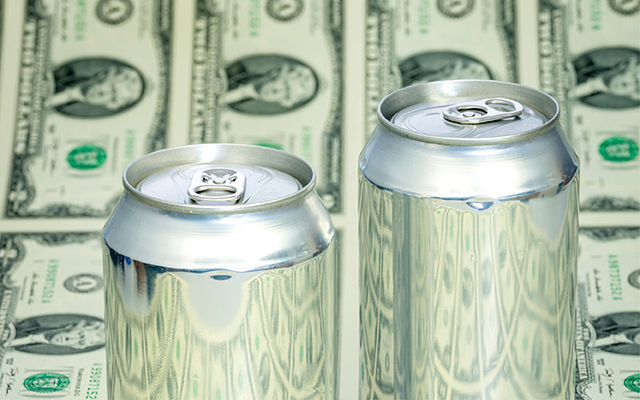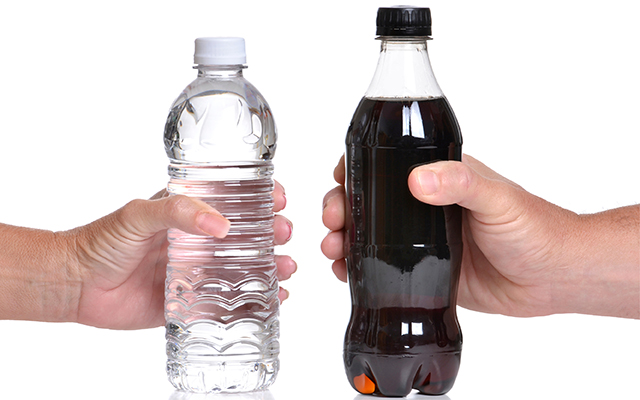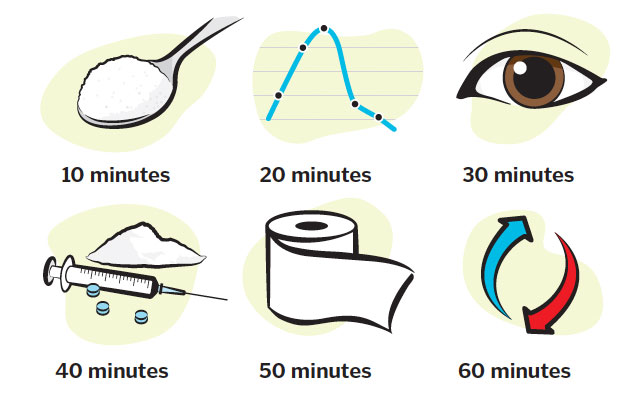A recent Boston University study has revealed the beguiling nature of the soda industry’s philanthropic strategy — and the duplicity of major public-health groups that have accepted its funding despite evidence that soft drinks pose substantial health risks.
The October 2016 report revealed that the Coca-Cola Company and PepsiCo donated millions of dollars to nearly 100 public-health organizations between 2011 and 2015, while simultaneously lobbying to defeat at least 28 initiatives to regulate soda sales and consumption. Recently, for instance, the San Francisco Chronicle reported on the beverage industry spending $19.3 million to defeat a proposed citywide soda tax earlier this year, making it the most expensive lawmaking effort in San Francisco’s history.
Daniel Aaron, BS, a student at Boston University’s medical school, and Michael Siegel, MD, MPH, a professor at BU’s school of public health, studied public records — including press releases, lobbying reports, and even documents released by Coke and Pepsi — to examine the beverage industry’s corporate philanthropy strategy from 2011 to 2015, when many American cities were contemplating soda taxes or other regulations to address the health hazards of sugary beverages.
Their study, published in the American Journal of Preventive Medicine, is the first to reveal what the authors call the “surprisingly pervasive” beverage giants’ donations to organizations ostensibly committed to promoting healthy consumer behavior.
Aaron told the New York Times that these donations created “clear-cut conflicts of interest” for the organizations that accepted them. The dynamic is reminiscent of Big Tobacco’s philanthropic strategies, which evidence suggests are marketing tools “used to silence health organizations that might otherwise lobby and support public-health measures against these industries,” explains Siegel.
Indeed, the report documented several instances in which a public-health group withdrew its support of a soda tax or other initiative shortly after receiving a donation from Big Soda. The Academy of Nutrition and Dietetics, for instance, accepted $525,000 in industry funding in 2012 and another $350,000 in 2013. When New York City Mayor Michael Bloomberg proposed a limit on soda portions in 2012, the Academy opposed the ban and issued a statement calling for greater emphasis on nutrition education. The beverage industry and other opponents challenged the proposed regulation in court, and the New York Court of Appeals ruled against it in 2014.
Academy president Ethan Bergman, PhD, told Today’s Dietician in 2013 that the organization doesn’t endorse Coca-Cola or any other products and is not influenced by their donations. “Improving the health of the public is our highest concern, and the Academy is very sensitive to even the perception of conflict of interest that may occur when working with sponsors,” he said. “We make every effort to make sure that communication for consumers contains credible food and nutrition information that supports the Academy’s existing science-based positions.”
Americans’ per-capita soda consumption has fallen to its lowest point since the 1980s, likely a result of mounting evidence that sugary beverages contribute to obesity, type 2 diabetes, and other chronic diseases (including Alzheimer’s, certain cancers, and heart disease). In Berkeley, Calif. (the first city to successfully implement a soda tax), one study reported a 21 percent drop in consumption among the city’s lower-income residents after only four months, suggesting that such legislation could encourage consumers to make healthier choices.
William Dermody Jr., vice-president of policy for the American Beverage Association — the trade organization representing Coke and Pepsi along with other industry stakeholders — maintains that its members are doing right by their communities.
“We are making a difference through the voluntary actions we are taking to reduce calories and sugar from beverage consumption — and by working together as competitors,” Dermody said in a statement. “Through our efforts, we’ve engaged with prominent public-health groups on how best to help people moderate their calories in what is the single-largest voluntary effort by any industry to address obesity.”
Marion Nestle, PhD, professor of nutrition, food studies, and public health at New York University, says the report proves that the beverage giants “want to have it both ways — appear as socially responsible corporate citizens and lobby against public-health measures every chance they get.”
For more information on the health effects of sugar-laden beverages, read “This Is Your Body on Soda.”




This Post Has 0 Comments